Ibogaine Treatment in Mexico: A Complete Guide for Foreigners
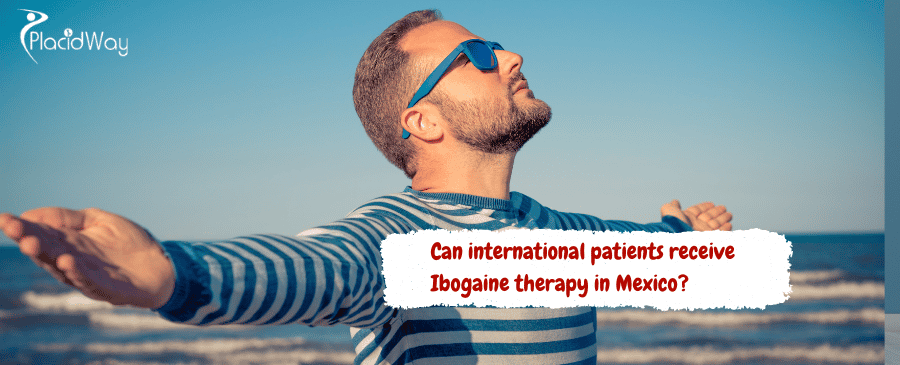
Ibogaine therapy has emerged as a promising alternative for individuals seeking a profound shift in their journey toward recovery from addiction and addressing various mental health conditions. While legal restrictions limit its availability in many countries, Mexico has become a leading destination for international patients seeking this unique treatment. This blog post will delve into the critical aspects of Ibogaine therapy in Mexico for international patients, answering common questions about its legality, benefits, costs, safety, and what to expect from the experience, all while maintaining a human and approachable tone. Our goal is to provide comprehensive, easy-to-understand information to help you make informed decisions about your healthcare.
Is Ibogaine Therapy Legal in Mexico for International Patients?
"Yes, Ibogaine therapy is legal in Mexico, making it a viable and accessible option for international patients seeking treatment."
In Mexico, Ibogaine therapy operates within a legal framework that allows specialized clinics to offer this treatment. Unlike some countries where ibogaine is classified as a controlled substance (such as the United States, where it's a Schedule I drug), Mexico's regulations permit its use in a clinical setting. This legal status is a primary reason why many international patients, especially those from countries with stricter regulations, travel to Mexico for treatment. Reputable Ibogaine clinics in Mexico adhere to established medical protocols and often operate with medical licenses, providing a safe and supervised environment for patients. This legal clarity offers peace of mind for individuals considering this powerful therapeutic option.
What Are the Main Benefits of Ibogaine Treatment for Substance Abuse?
"Ibogaine treatment is primarily known for its ability to significantly reduce or eliminate withdrawal symptoms and cravings associated with opioid addiction, and it can also offer deep psychological insights into the roots of addiction and other mental health challenges."
The benefits of Ibogaine therapy for substance abuse are multifaceted, extending beyond just physical detoxification. For individuals struggling with opioid addiction (including heroin, fentanyl, and prescription painkillers), ibogaine has been observed to "reset" the brain's neurochemistry, effectively blocking or greatly diminishing severe withdrawal symptoms that often deter individuals from seeking recovery. This unique action can allow for a rapid and less painful detox process. Beyond detoxification, ibogaine also helps reduce cravings, giving individuals a crucial window of opportunity to break free from the cycle of dependence.
Furthermore, Ibogaine facilitates a profound introspective experience, often described as a "dream-like" state, where individuals may gain deep psychological insights into the underlying traumas, emotional patterns, and behavioral drivers contributing to their addiction. This introspective journey can provide a unique opportunity for emotional and spiritual healing, allowing patients to confront and process unresolved issues. Many patients report a renewed sense of clarity and purpose after treatment, feeling a stronger resolve to maintain sobriety. It's important to remember that while ibogaine can be a powerful catalyst, it is most effective when integrated into a comprehensive recovery plan that includes ongoing therapy and aftercare.
Can Ibogaine Therapy Also Treat PTSD, Depression, and Anxiety?
"Yes, anecdotal evidence and some preliminary studies suggest that Ibogaine therapy may help alleviate symptoms of PTSD, depression, and anxiety by promoting neuroplasticity and facilitating profound psychological insights."
While Ibogaine is most widely recognized for its efficacy in treating substance use disorders, particularly opioid addiction, its potential therapeutic applications extend to various mental health conditions. Many individuals seeking Ibogaine treatment in Mexico also report significant improvements in symptoms related to Post-Traumatic Stress Disorder (PTSD), depression, and anxiety. The intense introspective and visionary aspects of an ibogaine experience can allow individuals to confront and reprocess traumatic memories, offering new perspectives and emotional release.
Researchers hypothesize that Ibogaine may contribute to neuroplasticity, essentially helping the brain to form new neural connections and "rewire" itself. This process could enable individuals to develop healthier thought patterns and coping mechanisms. For those suffering from depression and anxiety, ibogaine's interaction with neurotransmitter systems, including serotonin and dopamine, may play a role in restoring balance and improving mood. Clinics offering Ibogaine therapy in Mexico often integrate psychological support and aftercare into their programs to help patients process these insights and integrate them into their lives for lasting mental well-being.
What is the Cost of Ibogaine Therapy in Mexico for International Patients?
"The cost of Ibogaine therapy in Mexico for international patients typically ranges from $7,500 to $23,000 USD, varying based on the clinic, length of stay, type of program (detox vs. psycho-spiritual), and included services."
The cost of Ibogaine treatment in Mexico is a significant factor for many international patients. It's important to understand that prices can vary considerably depending on several elements. Generally, a comprehensive Ibogaine detox program for severe addiction, which often includes a longer stay (7-21 days), extensive medical monitoring, and a full range of pre- and post-treatment support, will be at the higher end of the spectrum, potentially ranging from $9,350 to $23,000 USD. These programs are tailored to address complex addiction cases and ensure patient safety throughout the detoxification process.
For those seeking Ibogaine for psycho-spiritual exploration, trauma resolution, or less severe mental health concerns, shorter programs (around 5 days) are often available, with costs typically starting from $7,850 USD. These programs may focus more on the introspective aspects of Ibogaine therapy and include group or individual therapy sessions. Factors influencing the price also include the clinic's reputation, the qualifications of the medical and therapeutic staff, the luxuriousness of the facility, and additional amenities like personalized meal plans, complementary therapies (e.g., yoga, massage), and dedicated aftercare planning. Some clinics may also offer discounts for veterans or non-profit organizations. It is crucial to get a detailed breakdown of all included services when inquiring about Ibogaine treatment costs.
How Long Does an Ibogaine Treatment Procedure Typically Take in Mexico?
"An Ibogaine treatment procedure in Mexico, particularly for addiction detox, typically involves a stay of 7 to 10 days at a specialized clinic, though shorter psycho-spiritual programs of 3-5 days also exist."
The duration of an Ibogaine therapy program in Mexico can vary depending on the patient's individual needs, the severity of their condition, and the specific clinic's protocol. For individuals undergoing Ibogaine treatment for addiction, a typical stay at a clinic usually spans between 7 and 10 days. This duration allows for thorough medical screening and preparation, the ibogaine administration itself (which can last 24-36 hours for its primary effects), and a crucial period of post-treatment recovery and integration. During this time, patients are continuously monitored by medical professionals to ensure their safety and comfort as their bodies detoxify and they process the psychological insights.
Shorter programs, often around 3 to 5 days, may be available for those seeking Ibogaine for psycho-spiritual growth, general well-being, or addressing less severe mental health concerns like mild depression or anxiety. These programs still involve careful medical assessment but may have a different emphasis on the post-treatment integration phase. Regardless of the program length, it's widely recommended that patients plan for additional time for rest and self-reflection after leaving the clinic, as the profound effects of Ibogaine can continue to unfold in the days and weeks following the primary experience.
What Should I Expect During an Ibogaine Therapy Consultation in Mexico?
"During an Ibogaine therapy consultation in Mexico, you should expect a comprehensive medical and psychological evaluation, including a review of your medical history, current medications, and discussions about your treatment goals and expectations."
A thorough consultation is a critical first step in safe and effective Ibogaine therapy. When you consult with a reputable Ibogaine clinic in Mexico, the process will typically begin with a detailed assessment of your physical and mental health. This often involves providing your complete medical history, including any pre-existing conditions (especially cardiovascular issues), current medications, and a history of substance use if applicable. You will likely undergo various medical tests, such as an EKG (electrocardiogram) to assess heart function, blood tests, and potentially a drug urinalysis. These screenings are crucial to determine your suitability for Ibogaine treatment and to identify any potential risks.
Beyond the medical evaluation, the consultation will also involve a deep dive into your psychological state and treatment goals. You'll have the opportunity to discuss why you're seeking Ibogaine therapy, what you hope to achieve, and any concerns you may have. The medical and therapeutic team will explain the Ibogaine treatment process in detail, outlining what to expect during the visionary and introspective phases, as well as the immediate post-treatment period. This is also the time to ask any questions about the clinic's protocols, staff qualifications, and aftercare support. A transparent and empathetic consultation ensures that both you and the clinic are aligned on the treatment plan and that your safety is prioritized.
Are There Specific Medical Risks and Side Effects Associated with Ibogaine Therapy?
"While generally considered safe under strict medical supervision, Ibogaine therapy carries specific risks including cardiac complications (e.g., Q-wave/T-wave interval prolongation), nausea, vomiting, tremors, and psychological distress, especially for individuals with pre-existing heart conditions or when misused."
It's crucial to understand that while Ibogaine therapy can be highly effective, it is not without risks. The most serious potential side effect is its impact on the cardiovascular system. Ibogaine can cause a prolongation of the QT interval, an electrical activity in the heart, which in rare cases can lead to serious arrhythmias or sudden cardiac arrest. This is why thorough cardiac screening (like an EKG) is an absolute prerequisite, and continuous cardiac monitoring throughout the Ibogaine treatment is essential. Clinics that prioritize patient safety will never administer ibogaine without a comprehensive cardiac evaluation.
Other common, though less severe, side effects include acute nausea and vomiting, ataxia (loss of full control of bodily movements) and tremors during the initial phase of the experience, and sometimes headaches or mental confusion. Psychologically, while many experience profound insights, some individuals may encounter challenging or distressing visions. It's also important to note that the effectiveness and safety of Ibogaine can be significantly compromised if used in conjunction with other substances, particularly opioids, or if administered by unqualified individuals. Choosing a medically supervised Ibogaine clinic with experienced staff is paramount to mitigating these risks and ensuring a safe therapeutic experience.
How Do Ibogaine Clinics in Mexico Ensure Patient Safety?
"Reputable Ibogaine clinics in Mexico ensure patient safety through rigorous pre-screening, continuous medical monitoring during treatment, the presence of qualified medical professionals, and adherence to established protocols."
Ensuring patient safety is the highest priority for legitimate Ibogaine clinics in Mexico. Before any Ibogaine treatment is administered, patients undergo extensive medical screening, which includes a detailed review of their medical history, current medications, and comprehensive diagnostic tests such as EKGs, blood work, and liver function tests. This thorough assessment helps identify any contraindications, such as pre-existing heart conditions, liver problems, or psychiatric disorders that might make ibogaine unsafe for the individual.
During the Ibogaine therapy itself, patients are under constant medical supervision. This typically involves 24/7 monitoring of vital signs, including heart rate, blood pressure, and oxygen saturation, often with a dedicated medical team (doctors, nurses, and paramedics) on-site. Many reputable clinics have protocols in place for medical emergencies, including resuscitation equipment and access to emergency medical services if needed. Furthermore, the dosage of Ibogaine is carefully determined based on the patient's individual health profile and needs, and the administration is carried out by trained professionals. The presence of empathetic and experienced therapists also contributes to patient safety by providing psychological support during the introspective phases of the treatment.
What is the Role of Aftercare and Integration Programs in Ibogaine Therapy?
"Aftercare and integration programs are crucial components of successful Ibogaine therapy, providing ongoing psychological support, counseling, and resources to help patients process their insights and maintain long-term recovery."
While the Ibogaine treatment itself can be a powerful catalyst for change, it is not a "magic bullet." The insights gained during the experience need to be processed and integrated into daily life for lasting transformation. This is where comprehensive aftercare and integration programs become invaluable. Many reputable Ibogaine clinics in Mexico emphasize the importance of post-treatment support, understanding that the journey to recovery is continuous.
Aftercare can include individual therapy sessions, group counseling, and the development of relapse prevention strategies. These programs help individuals process the often intense and profound psychological experiences induced by Ibogaine, making sense of the new perspectives and emotional releases. Therapists can guide patients in identifying triggers, developing coping mechanisms, and building a supportive network. Some clinics also provide resources for continued support back home, such as connections to therapists, support groups (like 12-step programs), or online forums. Lifestyle changes, including healthy routines, stress management techniques, and involvement in wellness practices, are often encouraged as part of the integration process to solidify the positive outcomes achieved through Ibogaine therapy.
How to Choose a Safe and Reputable Ibogaine Clinic in Mexico?
"To choose a safe and reputable Ibogaine clinic in Mexico, look for facilities with fully qualified medical staff (doctors, nurses, paramedics), 24/7 medical supervision, comprehensive pre-screening protocols, clear emergency procedures, positive patient testimonials, and a strong emphasis on aftercare and integration."
Selecting the right Ibogaine clinic in Mexico is perhaps the most critical decision for international patients. Given the powerful nature of Ibogaine and its potential risks if not administered properly, thorough due diligence is essential. Here are key factors to consider:
- Medical Staff and Supervision: Ensure the clinic has a team of licensed medical doctors, nurses, and paramedics on staff. Crucially, verify that there is 24/7 medical supervision during the entire Ibogaine treatment process. They should be experienced in administering ibogaine and managing any potential complications.
- Pre-Screening Protocols: A reputable clinic will require extensive medical pre-screening, including detailed medical history, physical examinations, and diagnostic tests (especially EKGs to assess heart health). They should be transparent about any contraindications for treatment.
- Safety and Emergency Preparedness: Inquire about their emergency protocols. Do they have resuscitation equipment on-site? What is their proximity to a hospital, and do they have a plan for medical transfers if necessary?
- Transparency in Pricing and Services: A trustworthy clinic will provide a clear, itemized breakdown of costs, explaining what is included in the treatment package (e.g., accommodation, meals, therapies, aftercare). Avoid clinics with hidden fees.
- Emphasis on Aftercare and Integration: The best Ibogaine treatment goes beyond the initial session. Look for clinics that offer robust aftercare planning, including referrals for ongoing therapy, support groups, and integration coaching. This demonstrates a commitment to your long-term recovery.
- Patient Testimonials and Reviews: While anecdotal, positive testimonials and reviews from previous patients can offer insights into the clinic's quality of care and patient experience. However, always exercise caution and seek multiple sources of information.
- Facility and Environment: Consider the overall environment of the clinic. Is it clean, comfortable, and conducive to healing? A tranquil and supportive setting can significantly enhance the therapeutic experience.
- Personalized Treatment Plans: A good clinic will tailor the Ibogaine dosage and overall treatment plan to your specific needs and medical profile, rather than a one-size-fits-all approach.
By carefully evaluating these aspects, international patients can significantly increase their chances of a safe and successful Ibogaine therapy experience in Mexico.
Is Ibogaine Effective for Fentanyl Addiction?
"Ibogaine therapy has shown promise in effectively reducing withdrawal symptoms and cravings associated with fentanyl addiction, offering a potential pathway to detox and recovery for those struggling with this powerful opioid."
Fentanyl addiction presents a particularly challenging hurdle due to its extreme potency and the severe, often protracted withdrawal symptoms it causes. For individuals seeking a way out of fentanyl dependence, Ibogaine therapy in Mexico has emerged as a significant area of interest. Many clinics report positive outcomes, with ibogaine demonstrating a remarkable ability to interrupt the intense physical withdrawal that makes recovery from fentanyl so difficult. The unique pharmacological action of Ibogaine on the brain's opioid receptors can effectively alleviate the debilitating symptoms of fentanyl withdrawal, often within a single treatment session.
Beyond the physical detox, the introspective properties of Ibogaine can also be beneficial in addressing the psychological components of fentanyl addiction. It may help individuals confront the underlying trauma, emotional pain, or circumstances that contributed to their substance use. While Ibogaine offers a powerful tool, it's crucial that fentanyl addiction treatment with ibogaine is conducted in a highly medically supervised environment due to fentanyl's potency and the need for precise medical management throughout the detox process. Comprehensive aftercare and ongoing therapeutic support are vital for long-term recovery from fentanyl addiction after an Ibogaine treatment.
Can Ibogaine Therapy Help with Chronic Pain Management?
"Some preliminary reports suggest Ibogaine therapy may have a role in chronic pain management, particularly neuropathic pain, by potentially modulating the nervous system and reducing reliance on opioid pain medications."
The potential of Ibogaine therapy extends beyond addiction to explore its effects on chronic pain. While research in this area is less extensive than its use for addiction, anecdotal evidence and some early studies suggest that ibogaine might offer relief for certain types of chronic pain, especially neuropathic pain which is often resistant to conventional treatments. It is believed that Ibogaine may influence various neurotransmitter systems and neural pathways involved in pain perception, potentially offering a "reset" to the pain signaling system.
For individuals who have developed a dependence on opioid medications for chronic pain, Ibogaine treatment can offer a dual benefit: addressing the pain itself and simultaneously assisting in detoxification from opioids. This can be a significant advantage for those seeking to reduce or eliminate their reliance on powerful painkillers. However, it is important to emphasize that Ibogaine is not a universal pain cure, and its application for chronic pain management requires careful medical evaluation and integration into a broader pain management strategy. Clinics offering this service in Mexico would typically assess the specific type and origin of pain to determine if Ibogaine is a suitable option.
Are There Any Long-Term Efficacy Studies for Ibogaine Treatment in Mexico?
"Observational studies from Ibogaine clinics in Mexico and elsewhere indicate promising long-term efficacy, with some reporting significant reductions in opioid use and improved abstinence rates for several months following Ibogaine treatment."
While rigorous, large-scale clinical trials on Ibogaine therapy can be challenging to conduct due to its legal status and unique mechanism of action, observational studies from various Ibogaine clinics (including those in Mexico) have provided valuable insights into its long-term efficacy. For instance, studies have shown that a significant percentage of participants report no opioid use in the month following Ibogaine treatment, and many continue to maintain reduced drug use or abstinence for several months. These studies often rely on self-reported data and follow-up assessments to track patient outcomes over time.
The "reset" effect of Ibogaine on neurochemistry, combined with the profound psychological insights it can induce, is believed to contribute to these sustained positive outcomes. However, the long-term success of Ibogaine therapy is highly correlated with the quality of aftercare and the patient's commitment to ongoing recovery efforts. Clinics that prioritize comprehensive post-treatment support, including therapy and integration coaching, tend to see better long-term results. While more extensive research is needed, the existing data from Ibogaine clinics in Mexico offers a hopeful perspective on its potential for lasting change.
What is the Role of Psychological Support During and After Ibogaine Treatment?
"Psychological support, including pre-treatment counseling, guidance during the Ibogaine experience, and post-treatment integration therapy, is vital for processing insights, addressing underlying issues, and fostering long-term recovery and well-being."
The profound psychological impact of Ibogaine therapy necessitates robust psychological support throughout the entire treatment process. Before Ibogaine administration, pre-treatment counseling helps prepare patients mentally and emotionally for the intense experience, setting intentions and addressing any anxieties. During the "visionary" phase of the Ibogaine experience, while patients are in a dream-like state, a compassionate and experienced therapist or facilitator can provide a supportive presence, helping to guide the process and ensure the patient feels safe.
Crucially, the bulk of psychological work occurs in the integration phase, both immediately after the Ibogaine treatment and in the weeks and months that follow. The insights gained during the Ibogaine experience can be overwhelming and require careful processing. Therapists help patients understand the meaning of their visions, connect them to their life experiences and behaviors, and develop strategies for implementing these new understandings into their daily lives. This integration therapy is essential for addressing the root causes of addiction or mental health issues, developing healthier coping mechanisms, and preventing relapse. Without adequate psychological support, the transformative potential of Ibogaine may not be fully realized or sustained.
Can International Patients Travel to Mexico Specifically for Ibogaine Therapy?
"Yes, international patients frequently travel to Mexico specifically for Ibogaine therapy, as it is legally permitted and offered by specialized clinics that cater to a global clientele."
Mexico has become a recognized hub for Ibogaine therapy precisely because it allows international patients to access this treatment legally and openly. Many clinics in Mexico are specifically set up to accommodate a global clientele, understanding the unique needs and travel considerations of individuals coming from different countries. This includes offering assistance with travel logistics, providing multilingual staff, and ensuring that their facilities and protocols meet international standards of care.
The ease of travel to Mexico, coupled with the legal status of Ibogaine there, makes it a preferred destination for those seeking this alternative treatment. International patients typically arrange their travel to a city where a reputable Ibogaine clinic is located, often near major international airports for convenience. It is advisable for patients to ensure they have all necessary travel documents and to communicate their travel plans with the clinic well in advance. While the journey is undertaken for medical purposes, many clinics also strive to create a peaceful and supportive environment that feels conducive to healing and recovery, making the overall experience as comfortable as possible for international visitors.
Ready to explore your options for comprehensive and compassionate care? Visit PlacidWay to learn more about a wide range of medical tourism and healthcare solutions that can meet your unique needs.


.png)
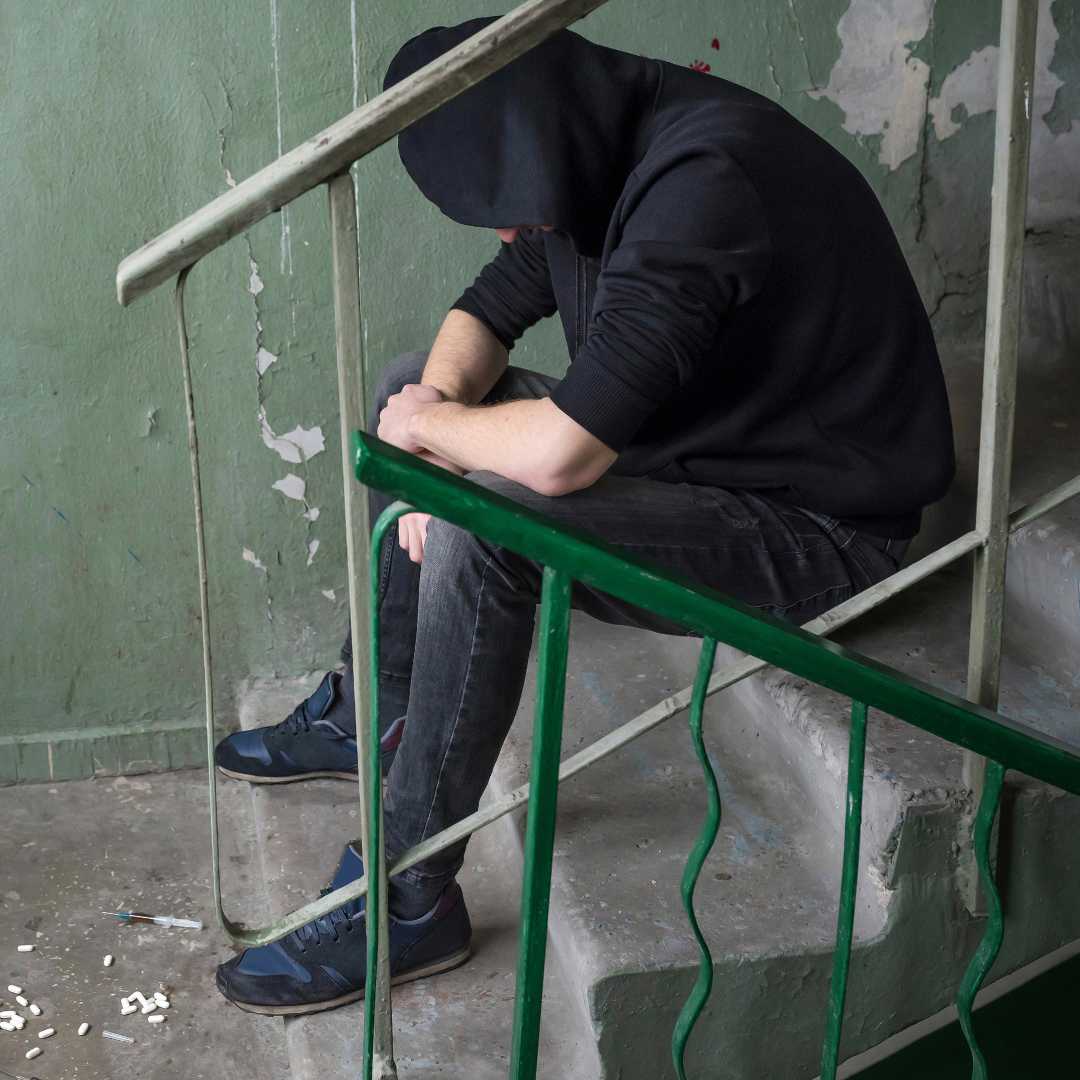

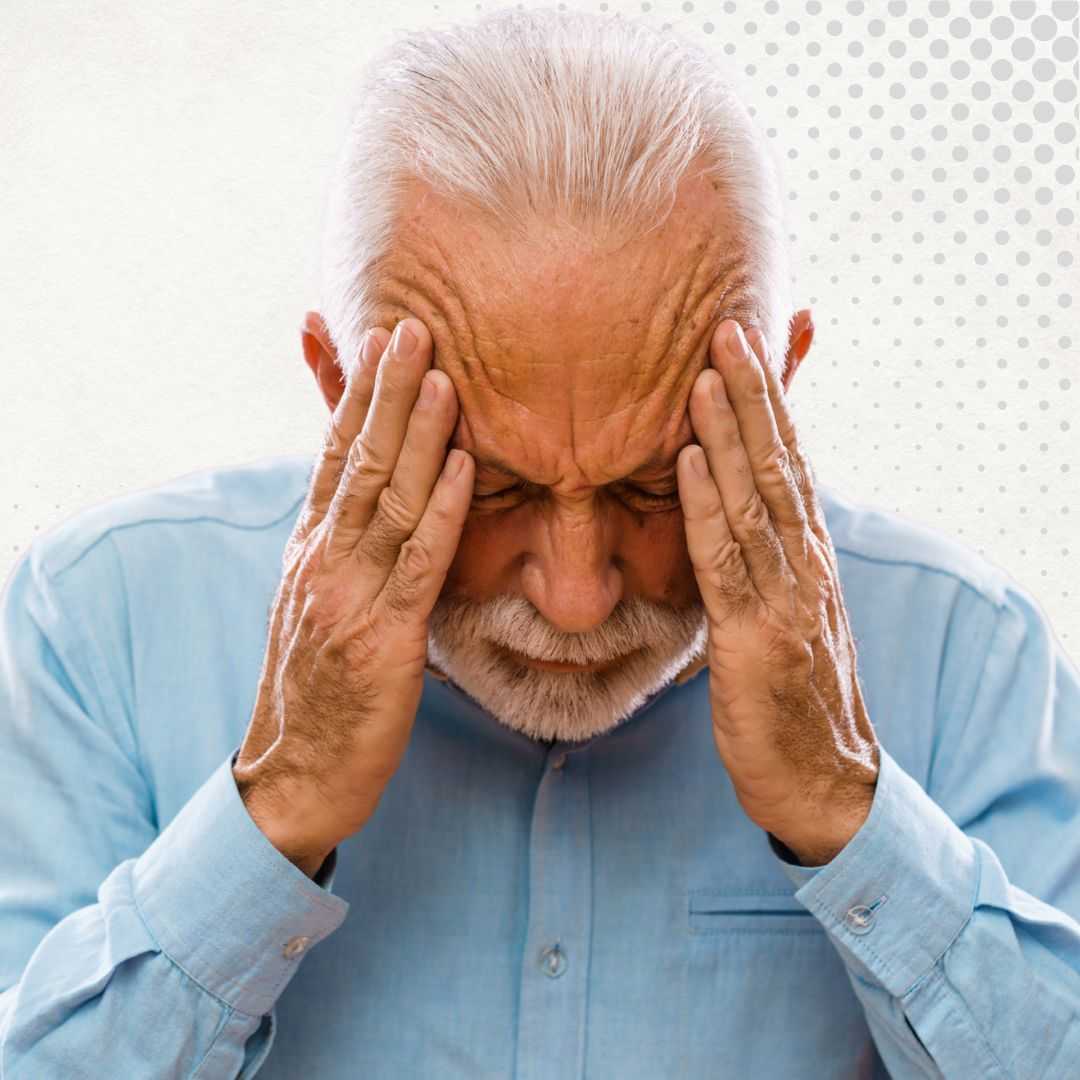
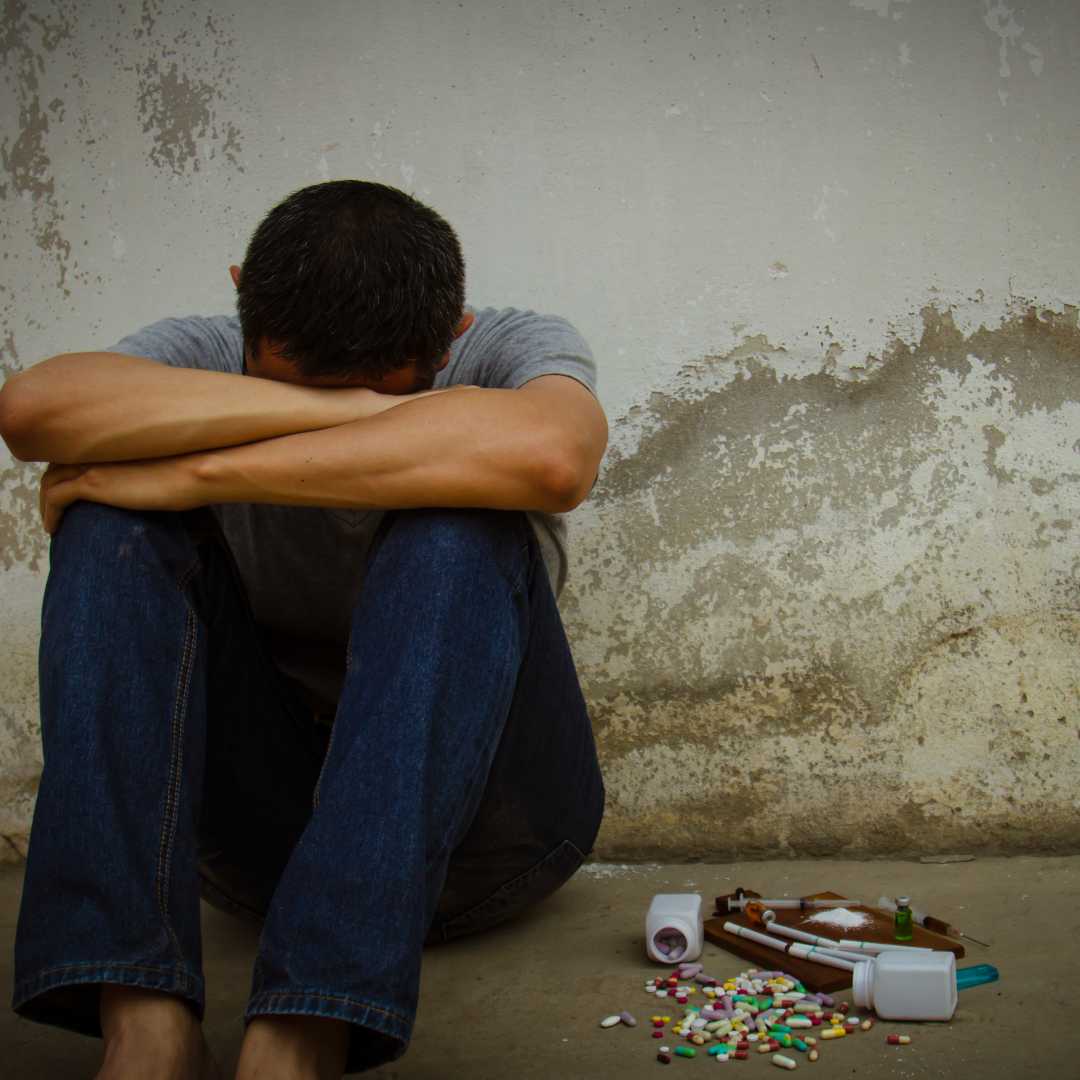

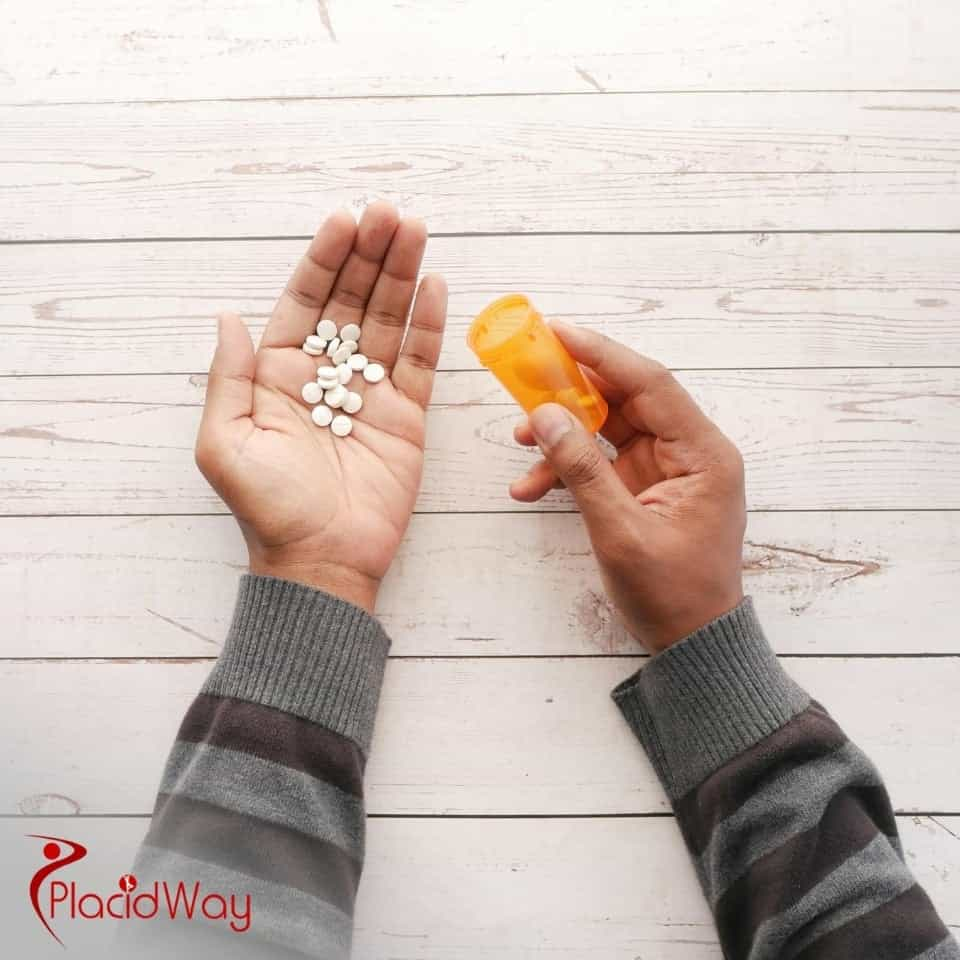
.png)
.png)


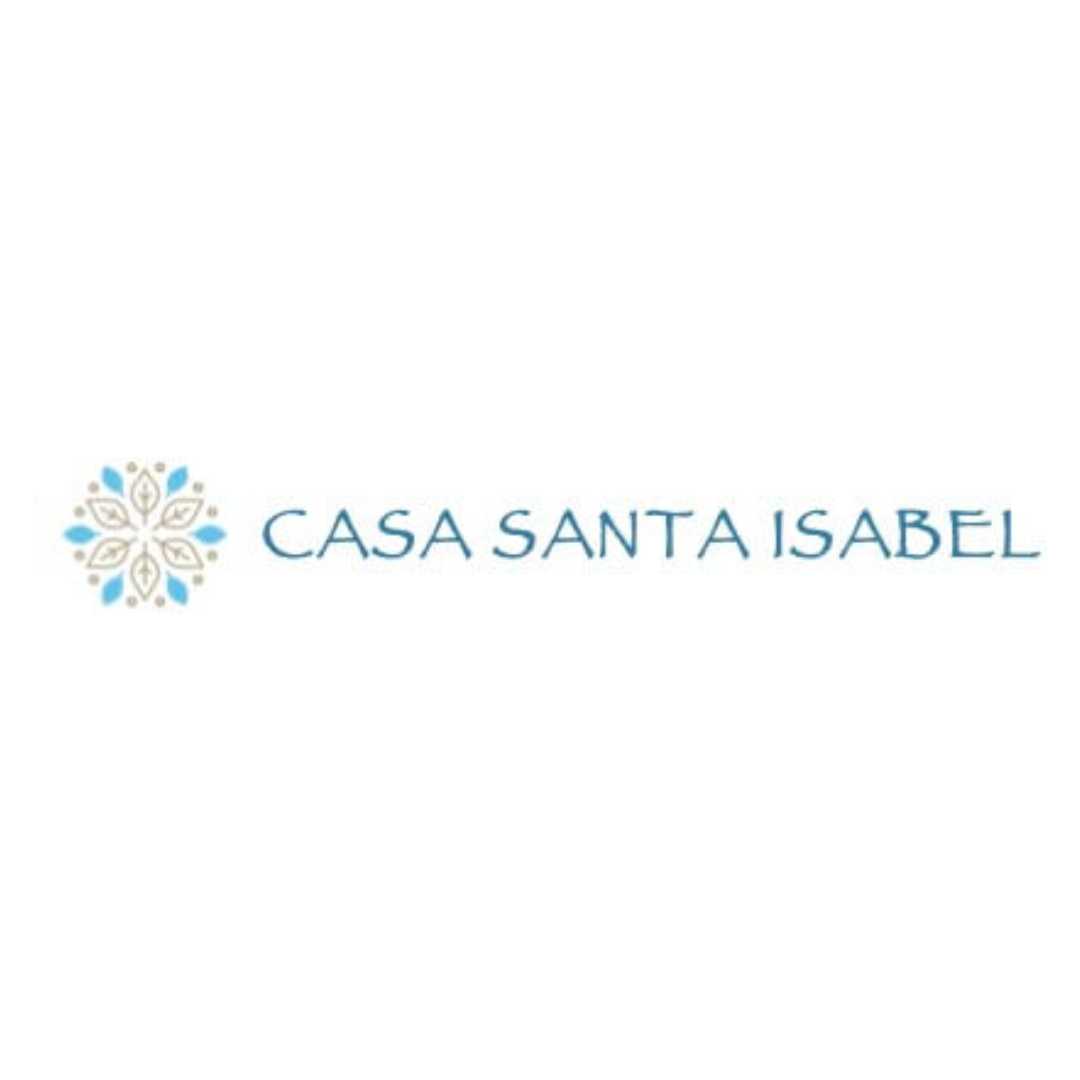
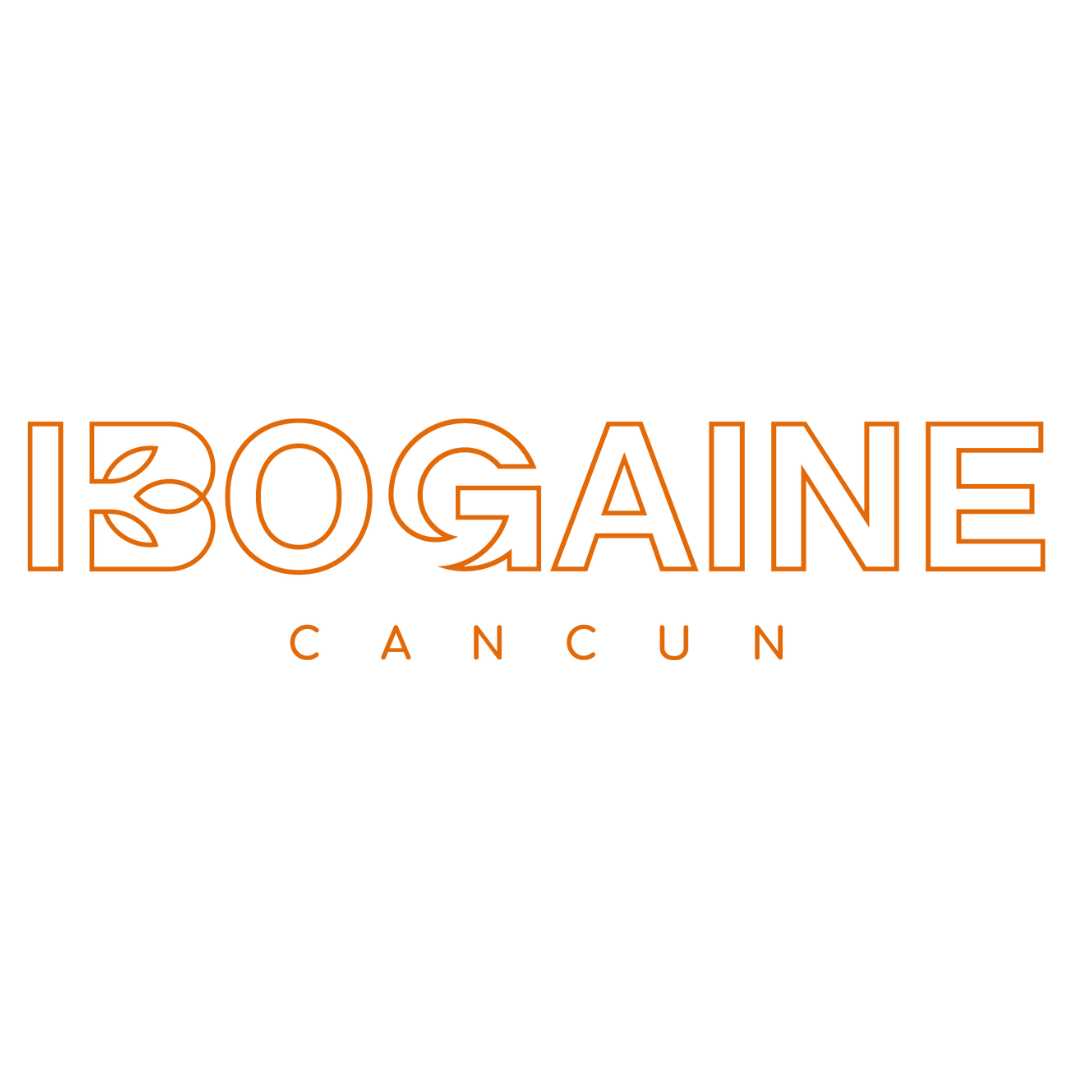
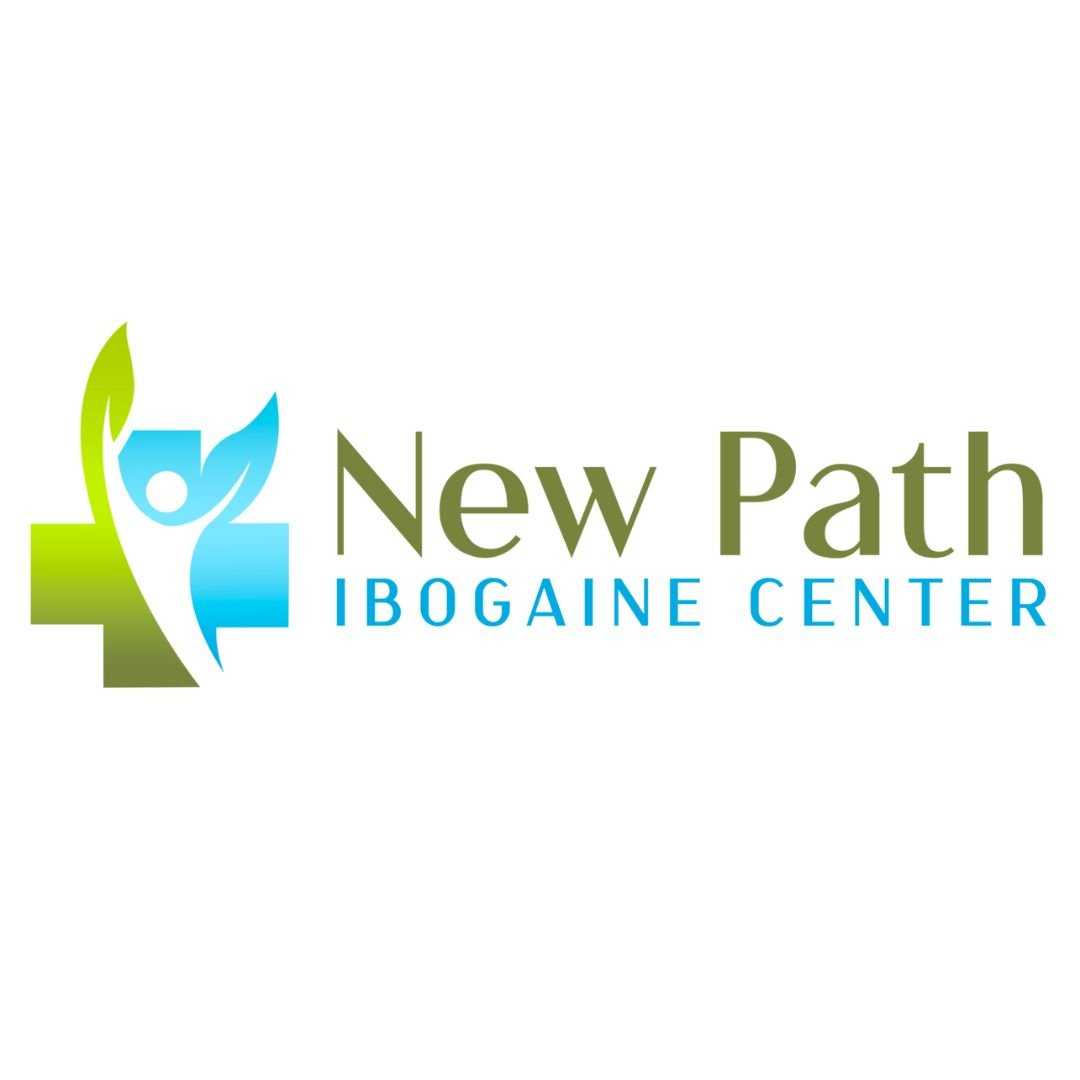

Share this listing